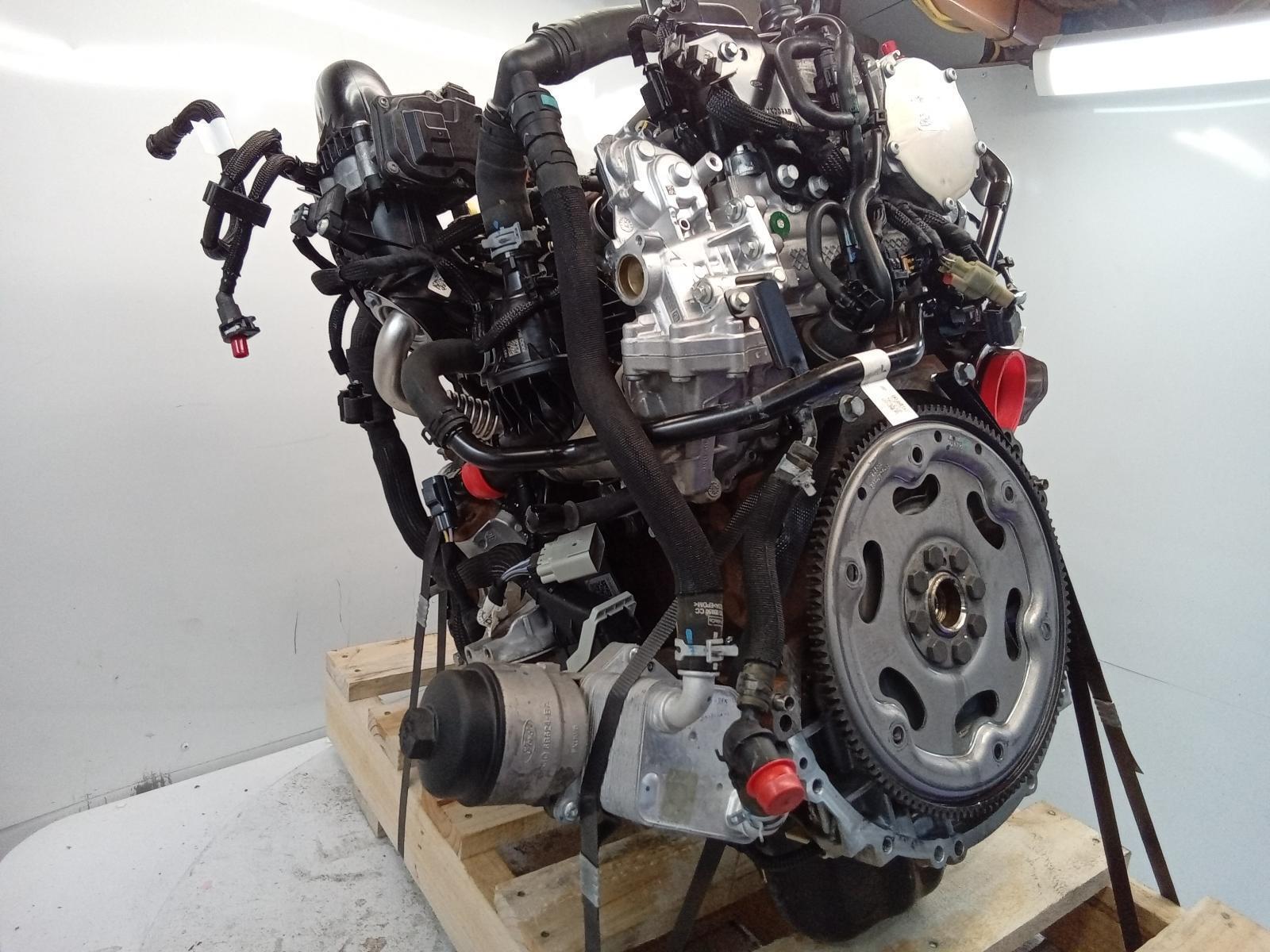What Makes an Automobile Engine Run Efficiently: Leading Tips for Optimal Care
The smooth operation of a car engine is essential to both performance and longevity, making optimum treatment an important duty for lorry proprietors. Trick techniques, such as routine oil modifications, keeping coolant levels, and checking air filters, are crucial yet frequently overlooked. Moreover, the value of checking ignition system and ensuring correct tire stress can not be underrated. Understanding how these aspects adjoin can improve not only the effectiveness of your vehicle however also your general driving experience. What specific actions should you prioritize to ensure your engine remains in peak problem?
Normal Oil Adjustments
One of one of the most vital aspects of auto upkeep is ensuring your engine gets routine oil changes. Engine oil lubricates internal elements, minimizes friction, and helps keep ideal operating temperatures. In time, oil weakens because of warm, contaminants, and the all-natural byproducts of burning, causing minimized efficiency and potential engine damage.
A lot of manufacturers advise altering the oil every 5,000 to 7,500 miles, yet this period can differ based on driving problems and oil type. As an example, synthetic oils might enable for longer intervals in between changes. Routine oil changes not just improve engine performance but additionally improve fuel performance, as tidy oil advertises smoother operation.
Overlooking oil adjustments can lead to sludge build-up, which harms blood circulation and can cause extreme engine problems. It is vital to inspect oil levels routinely and monitor for any uncommon changes in color or uniformity, which could indicate contamination or deterioration.

Maintaining Coolant Levels
Preserving proper coolant degrees is important for protecting against engine getting too hot and ensuring optimal efficiency. The coolant, commonly a mixture of water and antifreeze, distributes through the engine, taking in heat and preventing thermal stress and anxiety. Inadequate coolant can result in enhanced engine temperatures, which may create extreme damage or also complete engine failing.
To maintain optimal coolant degrees, frequently evaluate the coolant tank, typically situated in the engine bay. Make sure the coolant is filled up to the suggested mark, as shown in your vehicle's owner handbook. It is recommended to examine the levels at least when a month or eventually journeys, specifically throughout extreme climate condition.
If you observe that the coolant degree is constantly reduced, there may be a leak in the air conditioning system, which need to be dealt with immediately to protect against additional problems. 2.2 ford ranger engine. Additionally, flushing the coolant system every 2 to 3 years can help remove any collected debris and make sure efficient warmth exchange
Checking Air Filters

It is suggested to examine the air filter every 12,000 to 15,000 miles, or extra frequently if driving in messy or damaging problems. An easy visual inspection can usually disclose whether the filter is unclean or harmed. If the filter shows helpful site up blemished or has noticeable dust buildup, it ought to be changed immediately.
Utilizing a premium air filter made for your specific car version can even more enhance engine efficiency. In addition, some vehicles might take advantage of multiple-use filters that can be cleansed and reinstalled, giving a cost-effective and eco-friendly alternative.
Inspecting Spark Plugs
Ignition system are important parts of a vehicle's ignition system, straight impacting engine efficiency and performance. They produce the trigger that stirs up the air-fuel combination in the burning chamber, promoting the engine's power generation. Regular inspection of ignition system is important for keeping optimal engine feature and stopping potential concerns.
Dark residue or oil deposits can show incorrect combustion, while a raw or white appearance might suggest overheating. Both problems call for immediate interest to prevent more engine damage.
It's a good idea to evaluate trigger plugs every 30,000 miles, or as advised in your car's proprietor guidebook. Additionally, consider replacing them according to the producer's standards, as used or old ignition system can cause misfires, decreased gas effectiveness, and boosted discharges.
Tracking Tire Stress
Under-inflated tires can lead to decreased gas efficiency, boosted tire wear, and jeopardized handling. Routine tracking of tire stress is vital for ideal automobile procedure.
Tire stress must be checked at the very least as soon as a month and in the past long journeys. Use a reputable tire pressure scale to determine the stress when the tires are cold, ideally prior to the vehicle has her explanation actually been driven for at the very least 3 hours. Describe the vehicle's proprietor manual or the placard situated on the vehicle driver's side door jamb for the maker's recommended pressure degrees.
It is crucial to keep in mind that tire pressure can change with modifications in temperature level; a decline of 10 ° F can cause a 1-2 psi decline in stress. Furthermore, aesthetically inspect tires for any type of signs of wear or damage during your surveillance routine. Preserving correct tire pressure not just boosts automobile safety and security yet likewise boosts gas performance and prolongs tire life, eventually adding to a smoother engine performance.
Verdict
To conclude, keeping a cars and truck engine's smooth operation calls for attentive interest to a number of crucial variables. Routine oil changes, appropriate coolant degrees, clean air filters, well-maintained ignition system, and ideal tire stress jointly add to enhanced performance and longevity. Adhering to these upkeep techniques not just enhances fuel performance however also advertises a safer driving experience. Inevitably, an aggressive strategy to engine care is necessary for making certain integrity and functionality in time. 2.2 ford ranger engine.
One of the most vital facets of car upkeep is guaranteeing your engine gets regular oil changes. Engine oil lubes inner parts, minimizes friction, and assists maintain optimal operating temperature levels. Regular oil modifications not just improve engine performance however likewise improve gas performance, as tidy oil advertises smoother operation.
Inadequate coolant can lead to increased engine temperatures, which might create serious damages or even total engine failure.
